In Hollywood today there’s no name bigger in than Legendary Entertainment. Founded by in 2000, it’s the studio behind Inception, The Hangover franchise, and the Clash of the Titans movies—but more to the point, its comic book movie lineup includes the hit 300, Superman Returns, Watchmen and the multi-billion dollar Batman trilogy by Christopher Nolan. With a 40-picture deal with WB in place, Legendary has established itself as THE comic book movie studio for Warners, with next year’s Superman reboot also coming out from Legendary.
It’s not too surprising, considering founder Tull’s nerd cred. A certified comics fan, Tull has been building a “Tull-i-verse” of geek-centric projects, from co-producing Morgan Spurlock’s Comic-Con documentary and the book tie-in, to buying the Nerdist family of sites, newsletters and podcasts. And of course, there’s Legendary Comics.
Founded in 2010, Legendary Comics burst on the scene a few years ago with the hiring of Bob Schreck as editor and since then they’ve been slowly building up material to launch a line of comics. Although Frank Miller’s controversial Holy Terror! debuted with a splash last year, next week what might be considered the real Legendary kicks off with The Tower Chronicles: Geisthawk Volume 1 GN
, the Prestige-format kick-off for a new series about a supernatural bounty hunter. Based on an idea by Tull, it’s been brought to life by Matt Wagner and Simon Bisley.
While there have been comics companies run by movie companies before, Legendary Comics stands out for the quality of the creators involved and the involvement of the studio head honcho. Over the next few days we’ll be spotlighting THE TOWER CHRONICLES with interviews and previews, before it goes on sale next Wednesday. To kick things off, here’s a look at the line as a whole with Legendary COO Tim Connors. He joined Legendary this spring after a 6 year tour with Marvel Studios as their COO. With all that under his belt, no one is better qualified to talk about the comics-movies-Hollywood connection and where Legendary fits in with it.
THE BEAT: Tim, let’s talk about the Legendary publishing plan. How does Legendary Comics fit in at Legendary Pictures? What is its business mandate?
CONNORS: The comics and graphic novels are really core to our connection with content. We’re very passionate about the medium and want to show a commitment to developing content for the medium. And, for Thomas [Tull] and the creative team, many of the ways they think about content in general starts with comics and graphic novels, as you can see by a lot of our films that grow out of that world. So our plan in getting into the space is to contribute something back to it and to have an outlet for a lot of the ideas that have been kicked around internally. Thomas is an extraordinarily creative guy and loves to work collaboratively with other creators. And the comics division gives us the opportunity to make that happen.
THE BEAT: Tower Chronicles is a property that Thomas created himself. Is there more coming from the Tull-iverse?
CONNORS: Yes, there definitely is. Thomas has a lot of ideas, and just like with John Tower, Thomas will develop that initial idea and then work with our editor Bob Schreck to find somebody who will be a good partner in taking it forward. [Thomas] and Matt Wagner met first and hit it off immediately and we were kicking ideas around on how to develop that story and Tower grew out of that collaboration. We’re always looking to match great creators in the comics world with ideas that we have internally. But we also want to be a home for creators to come and develop their material with us. We’re excited—we have about ten things in development right now that have that come out both of those models.
THE BEAT: What is your actual function for Legendary Comics?
CONNORS: I’m the Chief Operating Officer of Legendary overall, and so I oversee the business aspects of the comics division, the same way as I do for the other divisions. [As far as the comics go,] Thomas is very involved, creatively, every step of the way, and Bob Schreck is our editor in chief. He’s really the liaison between Thomas and the creative community.
THE BEAT: You mentioned you have ten projects in the pipeline. Are you announcing any more at New York Comic-Con?
CONNORS: Yeah, we’ll have some announcements at Comic-Con. We’re still determining exactly what that’s going to be. We’ve talked already at San Diego Comic-Con about Shadow Walk with Mark Waid that we’re very excited about, and The Majestic Files with J. Michael Straczynski, and we have two projects in the works for next year.
THE BEAT: How big do you envision it getting? What do you see as the ultimate goal for Legendary Comics? Is it publishing monthly comics or just special projects?
CONNORS: Well, as of right now, most of the things we’re doing are individual graphic novels. Tower launches later this month. It’s somewhere between a floppy and a graphic novel, in what’s called prestige.
THE BEAT: The return of prestige!
CONNORS: We’re tailoring format to each specific project. There are a couple others that we have in the works that may go to limited series and floppies, but it really depends on what best serves the idea. And our plan—we don’t really have a mandate or a specific number of publications we need to get to a year. It’s really about when we find content that the team here really sparks to and thinks is well suited to the graphic novel format or a comic series.
THE BEAT: I know that you worked at Marvel previously, and so I did want to ask you about comics and films. Obviously Legendary has had an insane amount of success with the comics to film model. You must have seen the whole evolution of comics in Hollywood. I’ve been doing these kind of stories for a decade. And I always ask the question, do you think Hollywood’s going to get tired of comic books?
CONNORS: Yeah, is it the end?
THE BEAT: Right. And, I just don’t think that’s even a sensible question anymore! They’re so ingrained into the fabric of Hollywood with so many incredible successes and more to come. They’re so successful, are they too successful? I mean, where can it go from here?
CONNORS: Well, I agree with you. I think it’s a permanent staple of the film universe now and I think it’s really become its own genre. And it’s developed to the point where you have an enormous breadth of styles within the genre, even just looking at the summer, from The Avengers to The Dark Knight Rises. Those are such different movies, The Avengers being as broad as can be, a bright and pure entertainment ride. The Dark Knight is a much more serious and contemplative film. And there’s everything in between that’s coming out. So it’s even more than a genre now, it’s almost just another type of storytelling that can encompass many genres within it. So it’s just an expansion of the imagination of the cinematic universe. Story telling capabilities with visual effects have developed to the point where these stories could be told in a really compelling way and now we’re just seeing that blossom.
THE BEAT: I know you’re not in the creative end, but is there a certain kind of story that Legendary Comics will tell?
CONNORS: Obviously we hope to demonstrate quality and a commitment to the medium in what we put out. It’s easy for people to see Legendary entering the space and say they’re thinking of things they can develop into movies. And that’s great if it happens, but it’s really not the reason for our getting into the space. We want to contribute to this medium and keep creating really compelling content. It’s not so much the type of story that it is but the process that we’d like to be known for. We’d like to be known as a place that is a really fertile place to develop material. We’d like to serve that function in the comics world in the same way that we’re trying to do that in the film world.
THE BEAT: I also wanted to talk about Nerdist, which is also a part of the whole Legendary universe. I’ve spoken to Chris Hardwick a few times and he’s so smart and knowledgeable about that whole space. But the space is super specific. Everybody’s so vocal and when they get things wrong—hoo boy. Even Dark Knight Rises was endlessly debated. People were so passionate about it. Are there dangers in getting into areas where people are so engaged and passionate about it? Are there things you look out for?
CONNORS: Oh, yeah, definitely. I think if you don’t come across as being authentic, you’re in big trouble with this community. We try to really stay focused on what we’re passionate about here. And yeah, that’s certainly how it’s been with the movies. Thomas and the creative team don’t come in on things that they don’t really feel a personal connection to and that’s certainly worked very well. We want to do the same in a comic space, and it’s what really attracted us to Nerdist. We feel that there’s a very original voice there in what they’re doing. We really like their message of inclusion and empowerment for the fans. They seem to have the same attitude toward what they do as we do. I mean, obviously, they’re working at a very different type of content, at a different budgetary level, and a different distribution strategy. But they’re just as passionate and involved with their content. Nothing they do is just a piece of business.
It’s the same way that we feel about everything we do in film. We don’t do any film as a piece of business, it’s something that we really believe in creatively and want to see, brought to the big screen. We try to stay connected to the material that we’re developing so that we can stand behind it. And that, I think, is the biggest danger for anybody, if you get too focused on what’s going to build a business and what’s going to bring i, money in the short term to keep things going, you can really sacrifice your brand and get yourself in trouble and lose your audience because they’ll lose trust in you.
THE BEAT: Comics are a very personal medium, and because they are smaller in budget it does allow you to take more risks. Will that affect the kind of stories?
CONNORS: Oh, yeah, definitely. That’s something that’s very appealing to Thomas, in particular, about being able to tell a different kind of story in a different way than you can in film. In film, everything we develop has to have a breadth and a scope that must hold its own cinematically and it’s hard to tell as personal a story as you can in a comic book. There’s a real appreciation for the difference in the media here and what the particular attributes are of each.
THE BEAT: It is unusual for a movie studio to launch its own comic book company at the level that you guys are doing it, with such quality projects and creators. Have there been any surprises in entering the publishing world? Or things that are unknown unknowns, I guess you could say.
CONNORS: Yeah, well, I think we’re still figuring that out. We’re very early in our evolution as a comic book company and we’re learning, so we’re talking to lots of people who are active in the business to try to get guidance from them on things we should be aware of as we go forward. But our guiding principle here is really to try to make content that we love and do it as high quality as we can. The rest we’ll figure out as we go along.



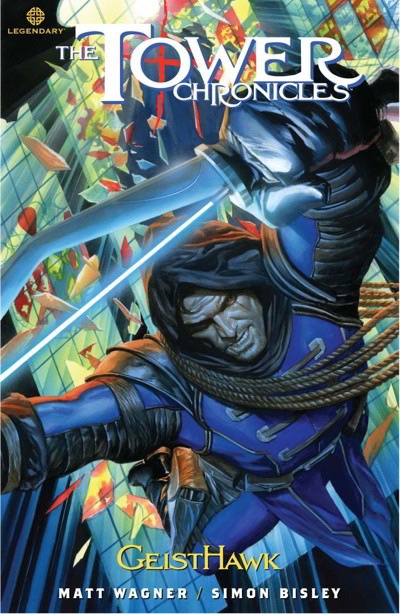
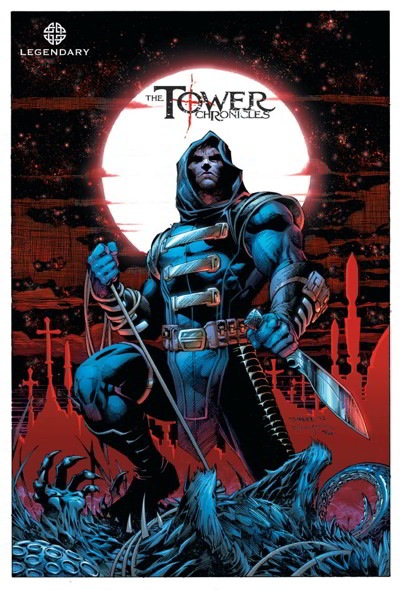
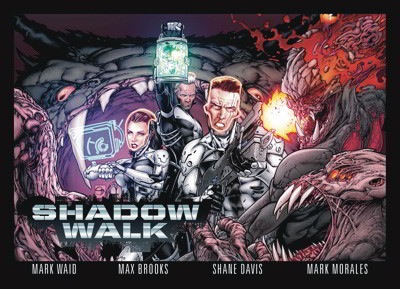
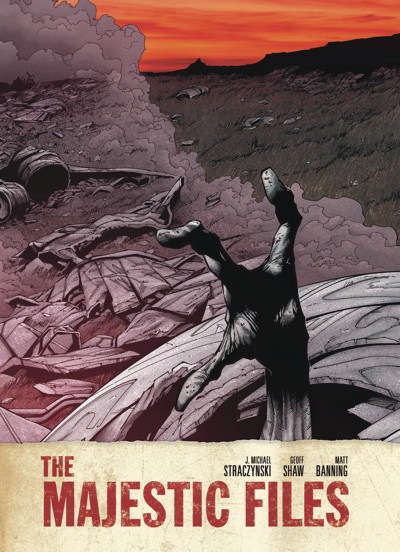

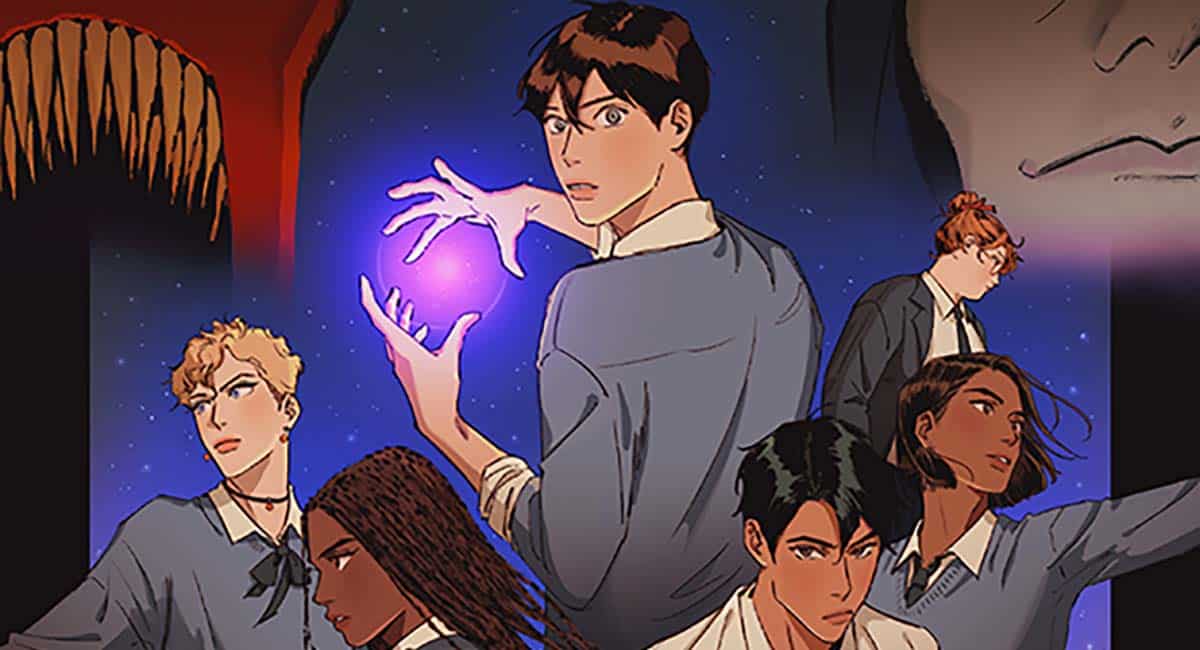
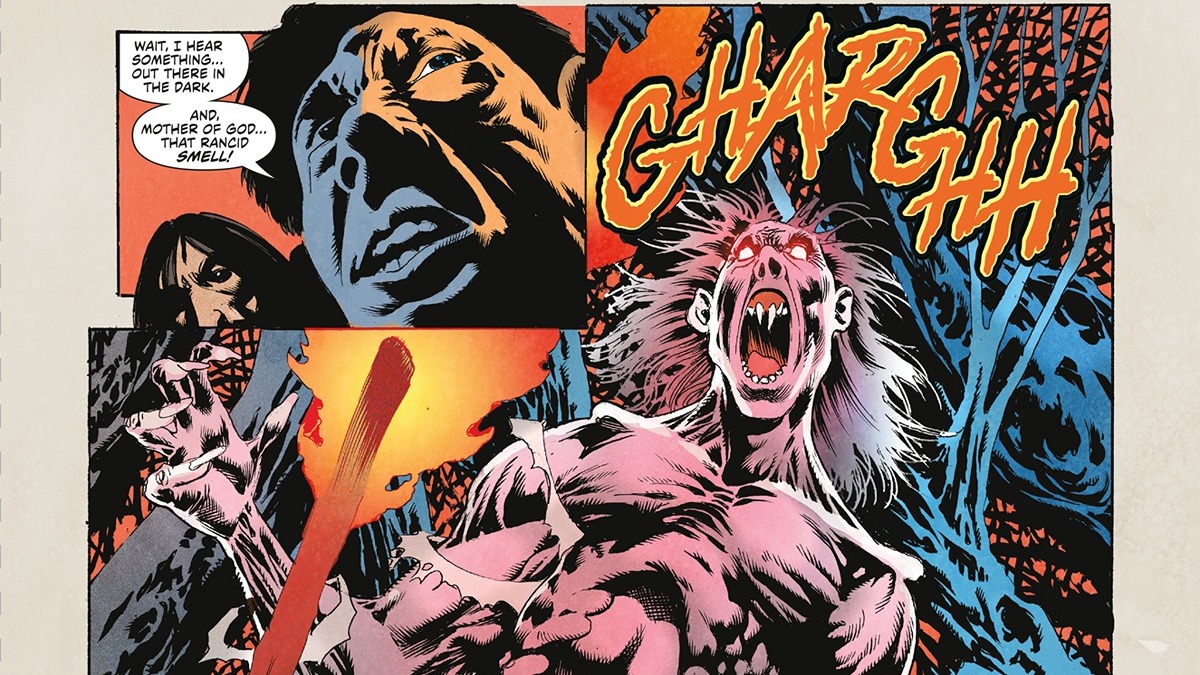
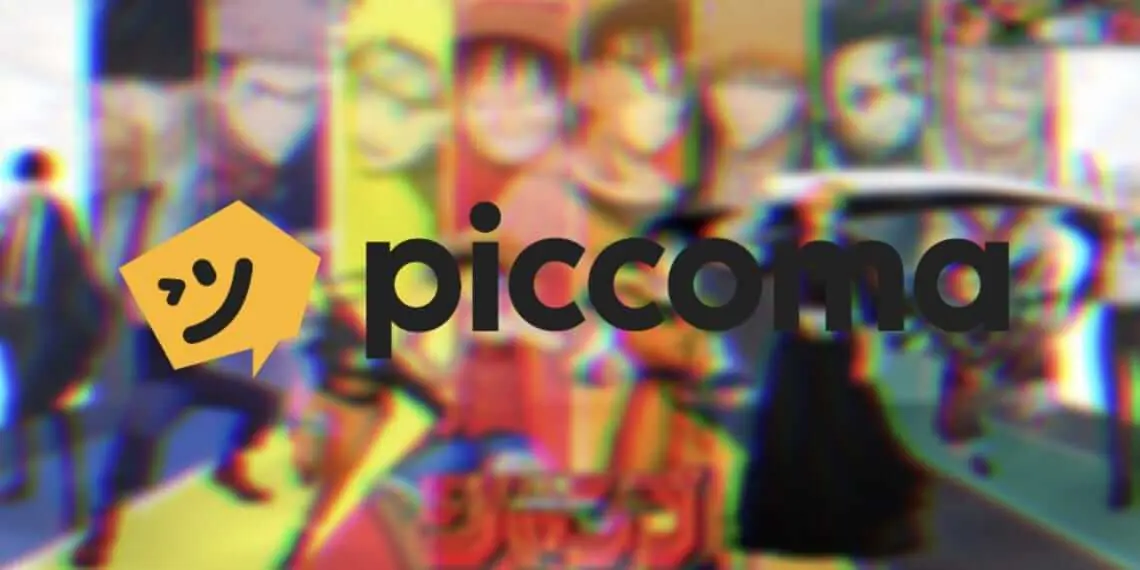

WOW! A 40 picture deal with WB.
Does this mean more than 1 DC movie for every 9 Marvel movies that come out?
Thanks for this. Now we need a good Schreck interview. And maybe they need to think about going the other way like a Hangover comic!
Comments are closed.